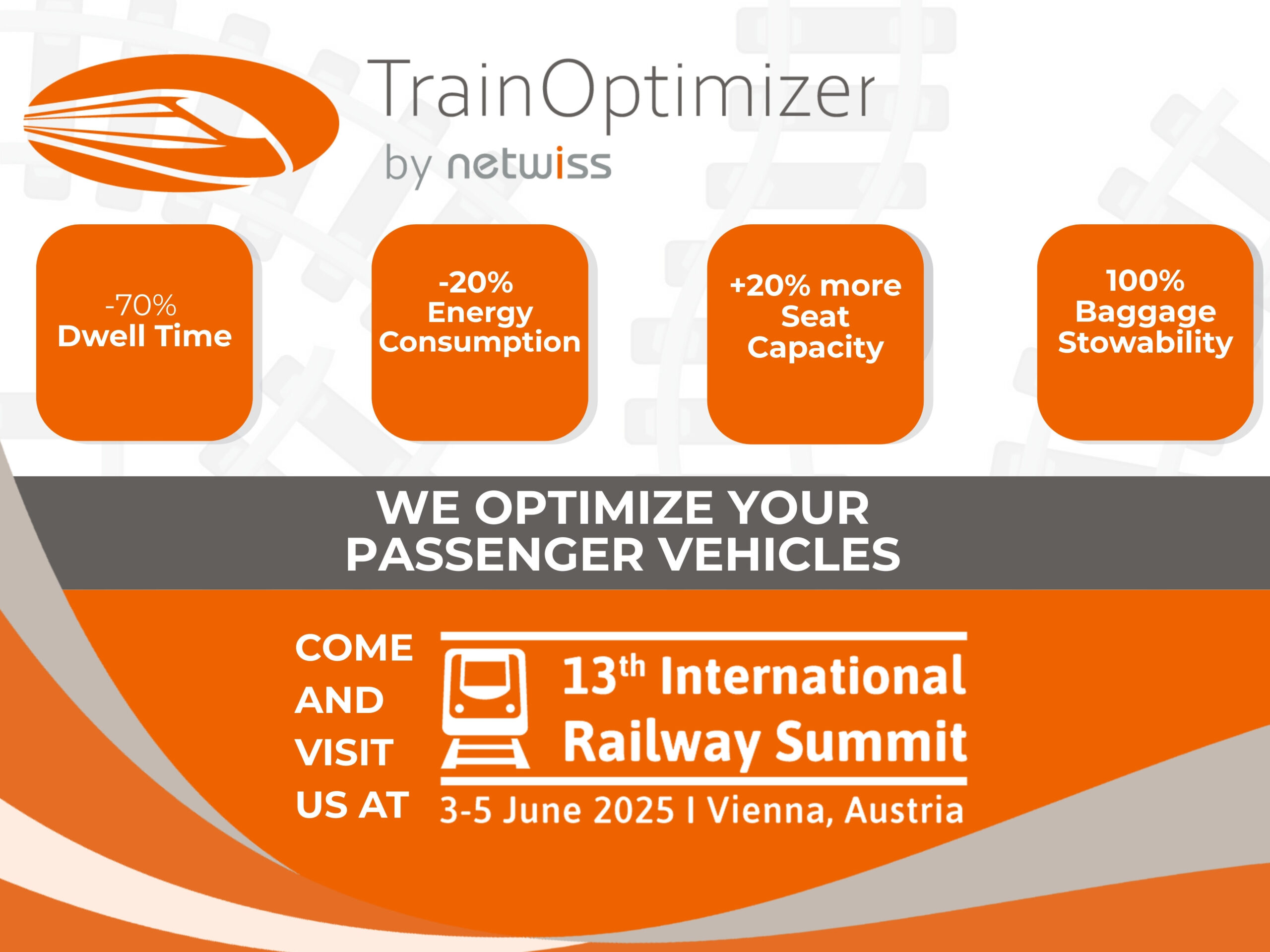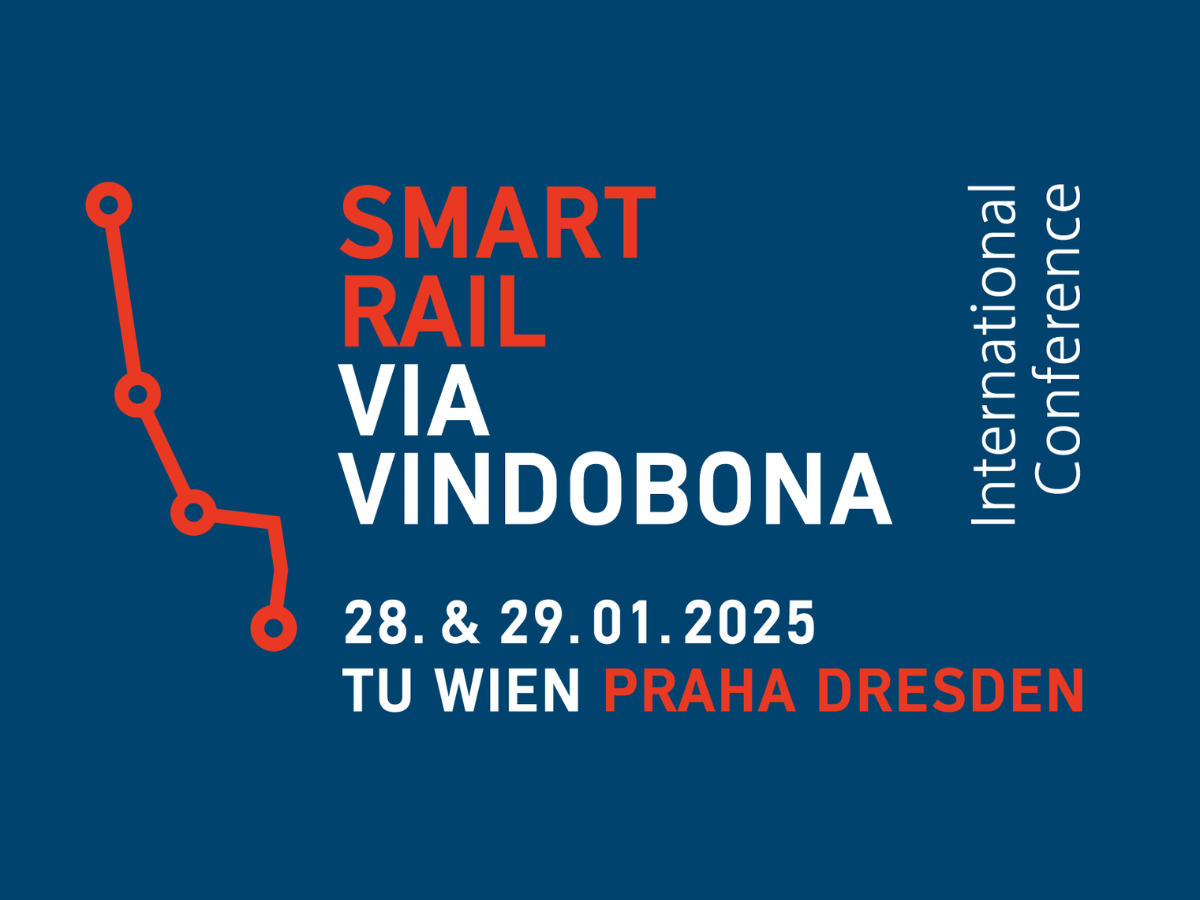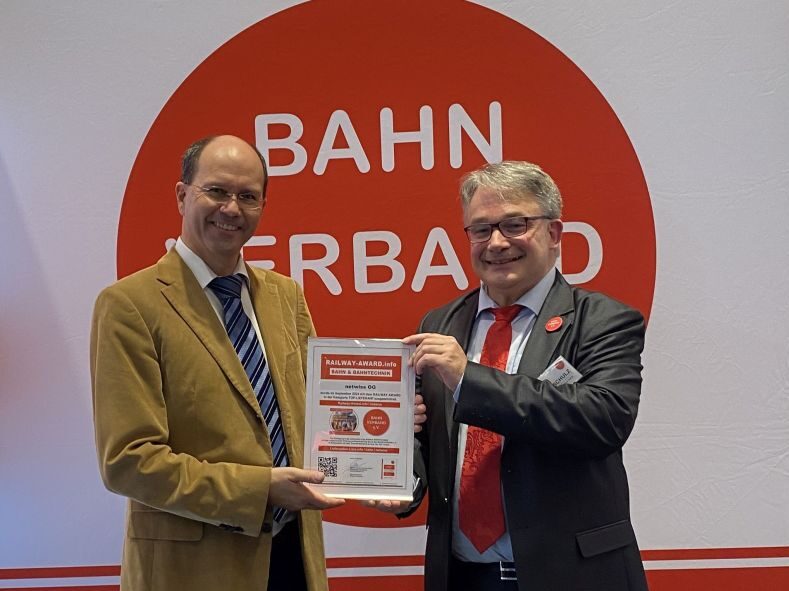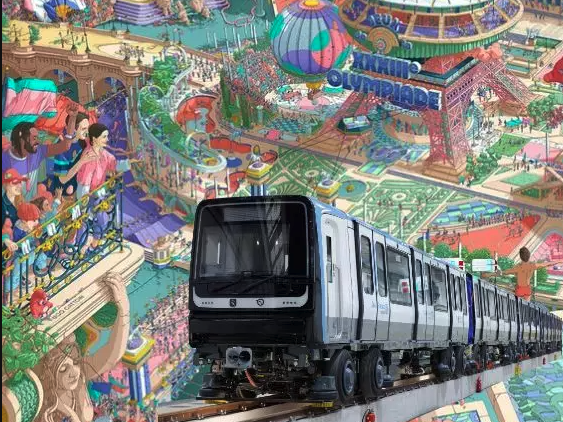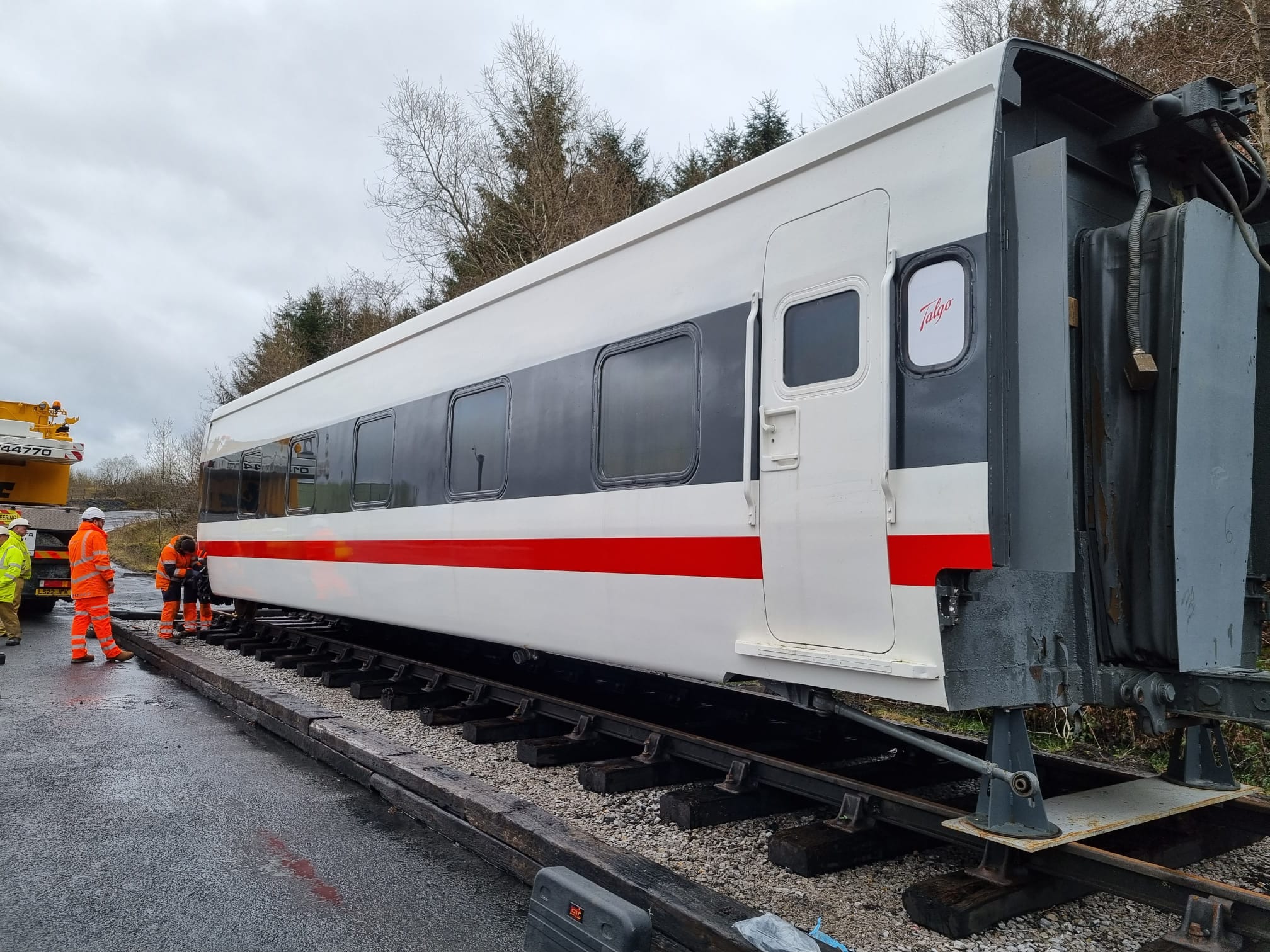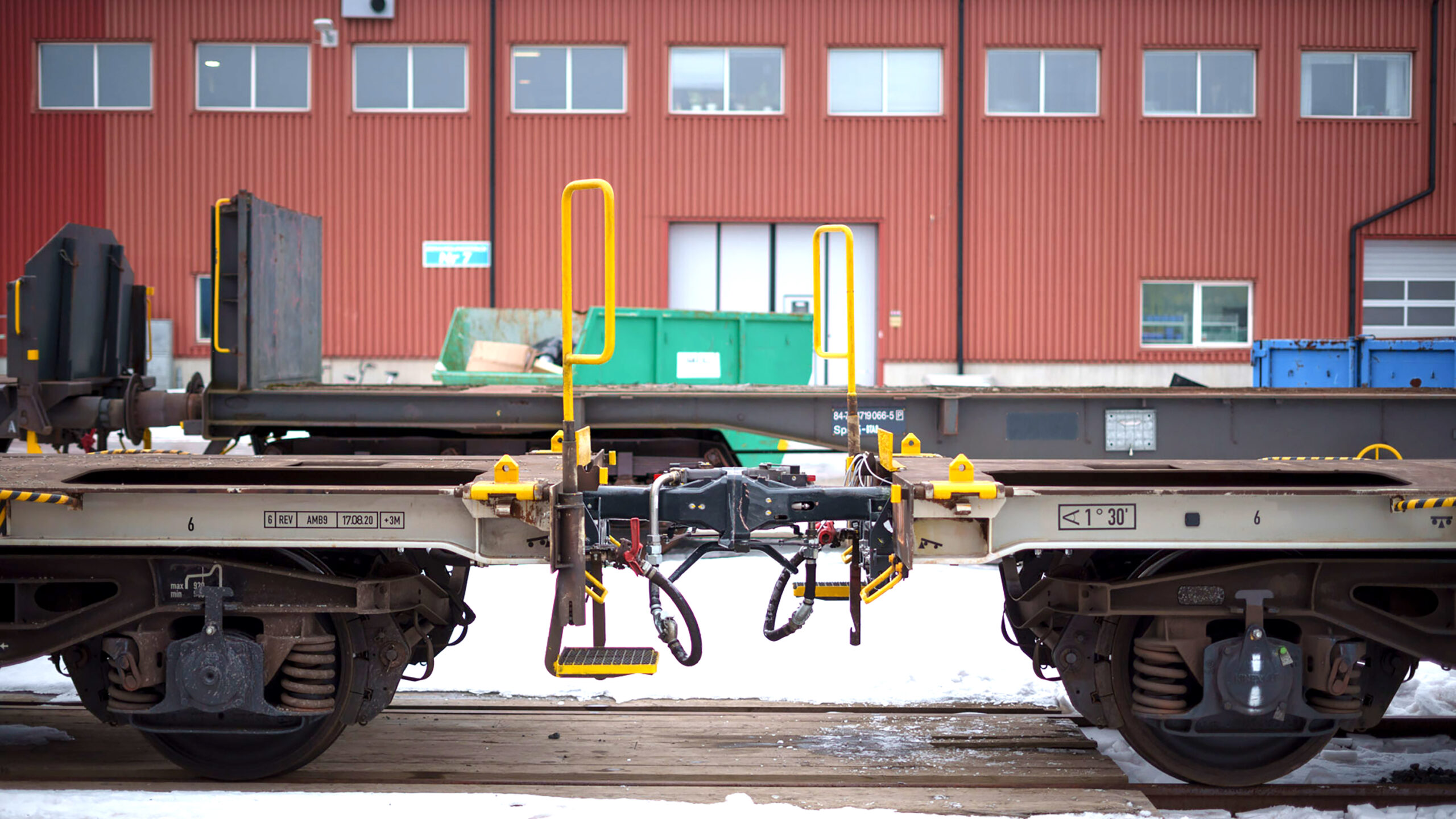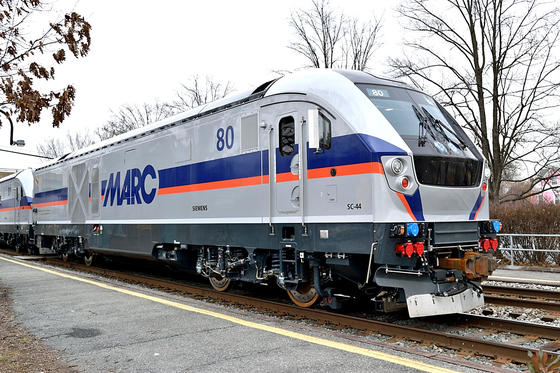An Austrian research team is developing measures to better integrate small stations into daily life, similar to petrol station shops, and thus create a self-evident interface between the region and public transport.
A social imbalance manifests itself especially in structurally weak rural regions. From basic services to career opportunities through appropriate education and choice of profession, a great deal depends on local structures and in particular on possible mobility, which in rural regions is strongly focused on automobility.
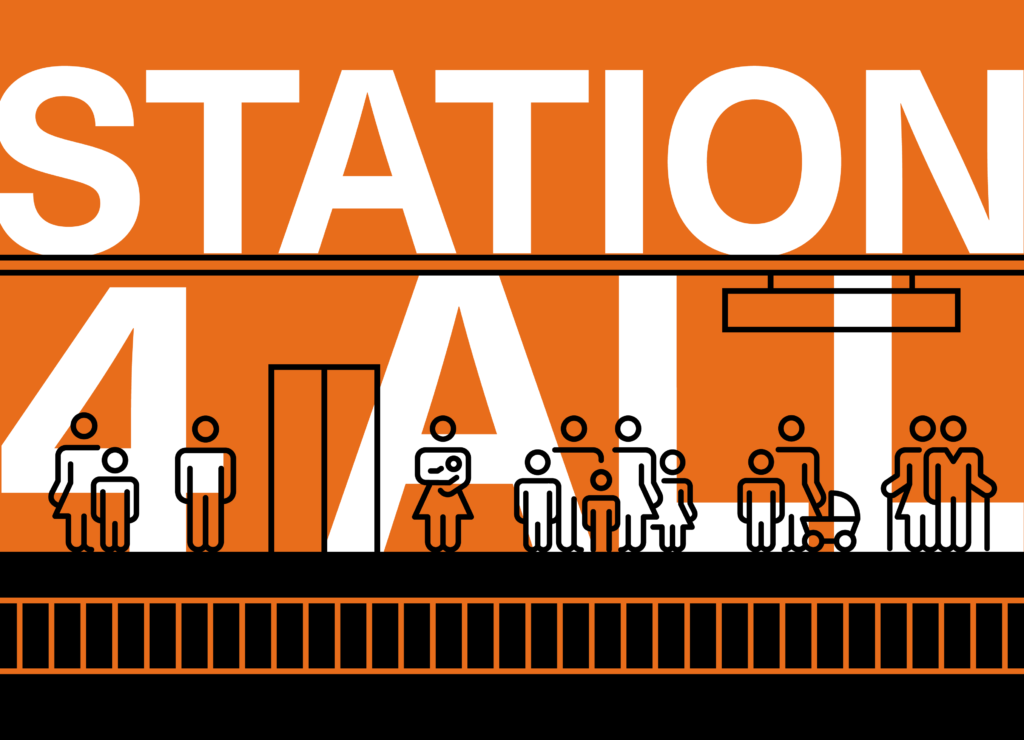
Attractive public transport can ensure equality in mobility, whereby all stages of the route chain must be attractive. Important are stations in rural areas, which represent an interface between regions and public transport, but often only meet the normative minimum requirements. At the same time, public transport services that are perceived as unattractive combined with underdeveloped structures for daily life (local supply, education, etc.) lead to an increased use of motorised private transport and, especially among young adults, to an increasing rural exodus, which must be counteracted.
The research project Station4All investigates to what extent the often very different needs of different groups of people are taken into account or neglected in order to develop clear instructions for action to improve regional and public transport service quality. Train stations are an important interface for the local population to public transport and beyond that to various activities and offers. In order to encourage the different groups of people to use public transport more or to offer equal mobility in general and at the same time to strengthen the structurally weak regions, it is necessary to integrate public transport stations in peripheral rural regions into daily life. For example, activities that are carried out within the framework of car journeys should also be able to be done in an uncomplicated way during train journeys (e.g. shopping, repairs, disposal of batteries).
In rural regions, it can be observed that (shops in) petrol stations are often the last remaining social centres. It must be possible to transfer precisely this function increasingly to train stations. The result of Station4All is a catalogue of measures for the best possible integration of train stations into daily life, which includes both the needs of commuters based on gender- and diversity-specific requirements and the feasibility from an economic and technical point of view. The clear added value is the development of measures that involve all relevant population groups equally, are expected to be highly accepted and strengthen equal, sustainable and networked mobility as well as structurally weak regions. The measures are developed together with and based on the example of the pilot municipality Neumarkt am Wallersee in Salzburg and provide the solid foundation for further effective and efficient developments.
Station4All is an R&D project funded by the Austrian Federal Ministry for Climate Action, Environment, Energy, Mobility, Innovation and Technology in the FEMTech call for proposals and is managed by netwiss. Project partners are: ÖBB Holding AG; Vienna University of Technology; Municipality of Neumarkt am Wallersee; SPAR Österreichische Warenhandels-AG; Elisabeth Oberzaucher E.U.
Further information on the project.
This article was originally provided by Netwiss.


